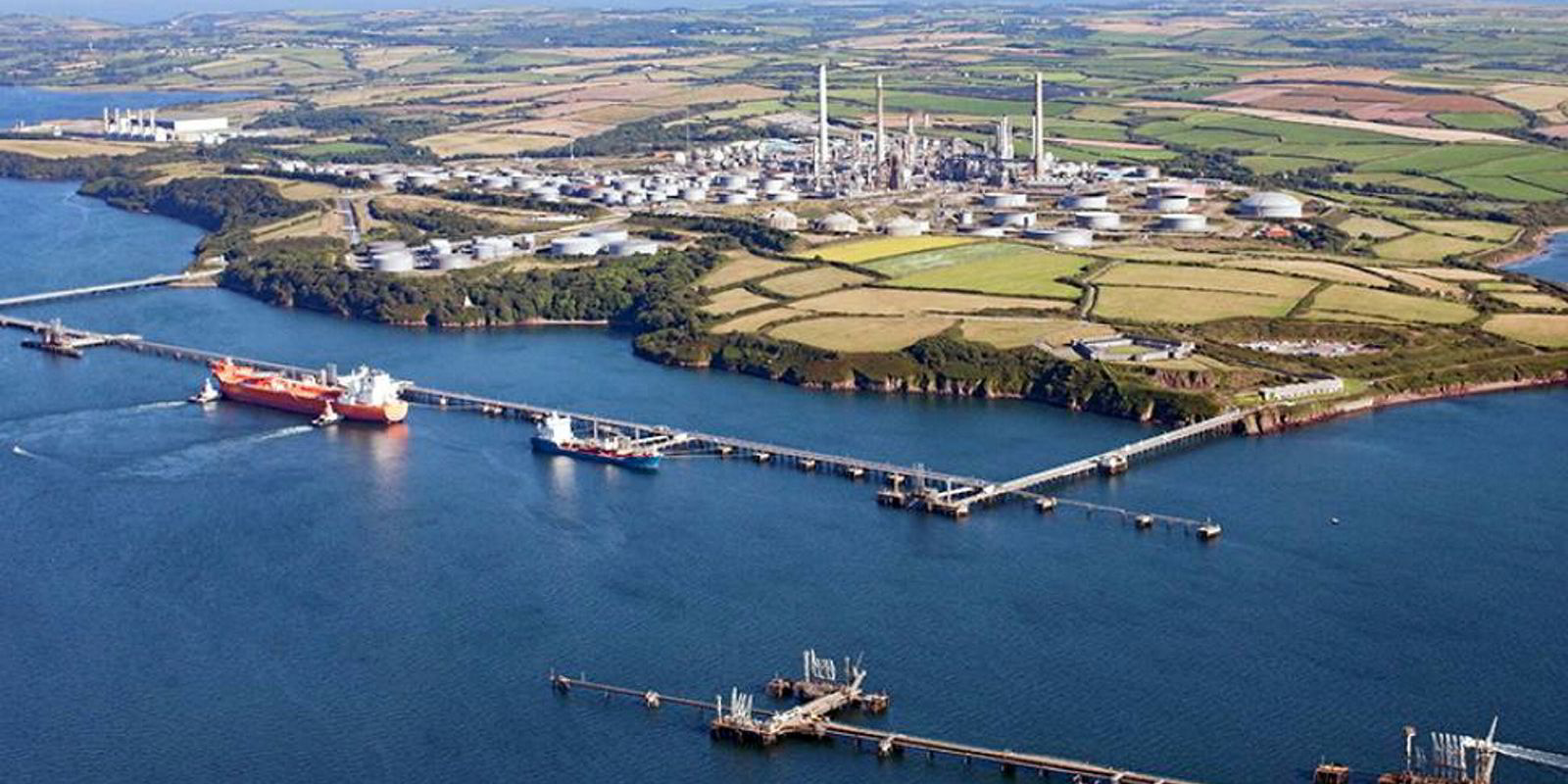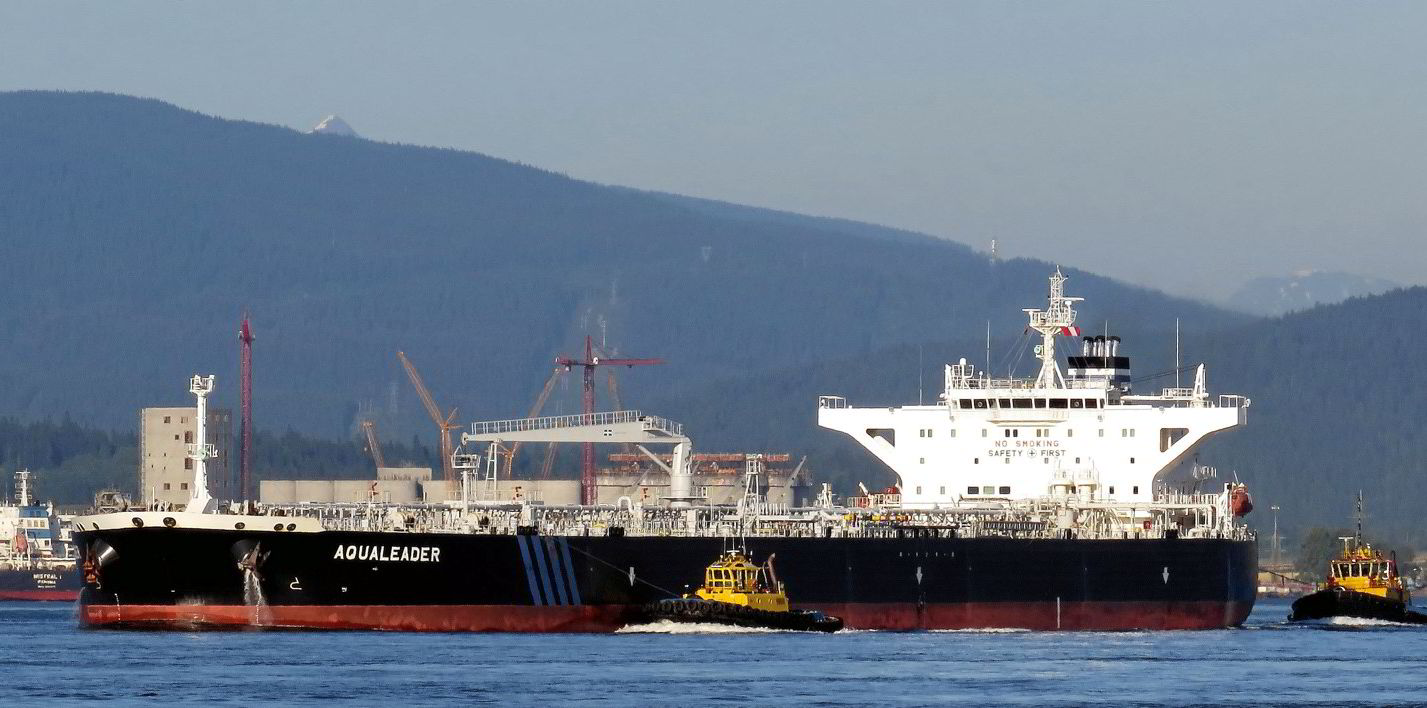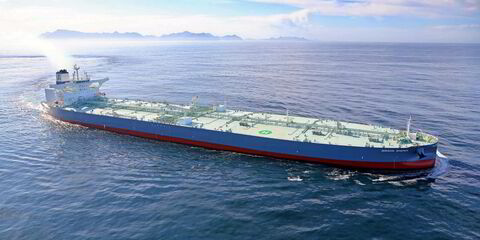S&P Global Platts has unveiled plans for aframax US Gulf Coast-UK Continent freight derivative assessments on the back of growing volumes on the trade.
The pricing agency, which aims to launch the assessments on 1 November, said it should provide “further transparency to the US Gulf Coast crude oil export and freight markets”.
Platts claims there has been “increasing interest” in freight forward contracts on this route, following growing crude exports from the US to Europe.
"The aframax 70,000 tonne US Gulf Coast-UK continent freight derivative assessment is the first in the tanker space and while we do not have any concrete plans to expand coverage in the tanker derivative market at the moment, we are certainly watching the space very closely," Barbara Troner from S&P Global Platts pricing told TradeWinds.
Under the proposal, Platts would publish derivative assessments for the balance month, current month and three forward months.
The balance-month and current-month derivatives would be assessed from the first, up to and including the 15th of each month.
The balance-month and current-month contracts would financially settle against the Platts aframax 70,000-tonne USGC-UKC spot freight assessments on every remaining publishing day of the month, including the day of publication.
The three forward-month contracts would also financially settle against the same spot freight assessments on every publishing day in the month, and these would roll on the first publication day of each month.
US crude oil exports in general have surged over the past five years after the country relaxed its policy on crude exports. Production has increased drastically thanks to shale oil developments.
Exports from the Gulf Coast to Europe increased to an average of 970,000 barrels per day (bpd) in the first six months of 2021, compared with 110,000 bpd throughout the whole of 2016, according to US Census data.

Of the total US crude export volume in the first half of this year, shipments to Europe comprise about a third of total volumes, up from a 19% share in the whole of 2016, according to the data.
“With most US crude coming out of the US Gulf, Europe is the nearest and most natural market for it given the geography,” Ralph Leszczynski, head of research at Banchero Costa told TradeWinds.
“Crude from the US is relatively cheap and comes with little security risk or political baggage unlike say from Iraq, Iran, Venezuela, or Russia.”
Leszczynski added that Europe is also keen to diversify away from Russia, which as the continent's single largest supplier, accounts for almost one third of the European Union's seaborne crude imports.
“The UK is also facing shrinking production from its own North Sea fields, and UK refiners are finding US crude as an economically viable option,” he said.
“Since 2019 the US has become the top supplier of crude to the UK, outside of the UK’s own domestic output.”
Leszczynski added that it also helped that two US-based companies, ExxonMobil and Valero, own two of the six oil refineries that are still operating in the UK, including Exxon’s Fawley plant near Southampton, which is the UK's largest oil refinery. Many US crude shipments also go to Valero’s plant in Pembroke, Wales.
In the first seven months, 6.2m tonnes of crude went from the US to the UK, equivalent to about 8% of US crude exports. Similar volumes have been shipped to the Netherlands.
“Given the distances involved from the US Gulf to the UK or the Netherlands, the typical vessel size is aframax, although occasionally suezmaxes are also used,” said Leszczynski.





